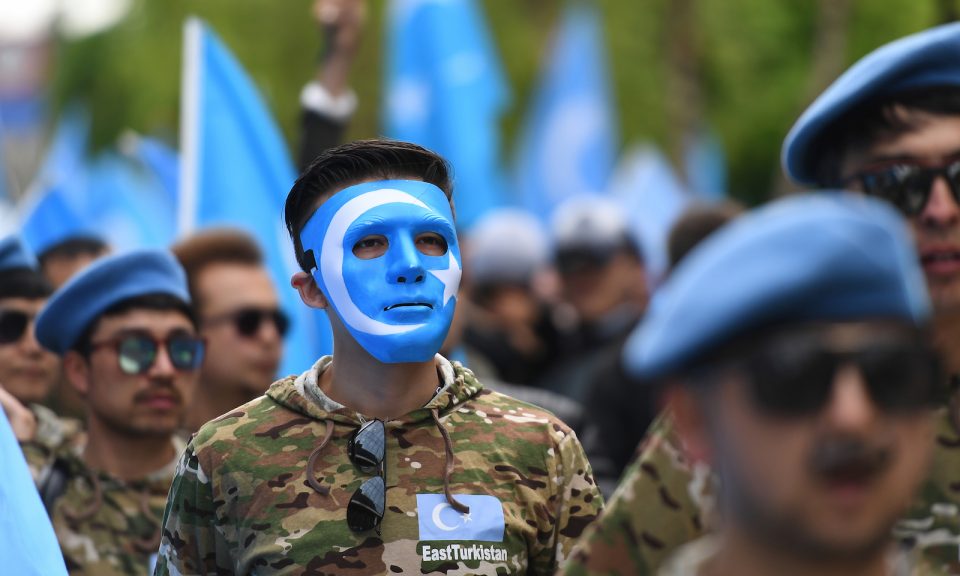Home » 2019 forecast: China and the ‘Uyghur problem’
2019 forecast: China and the ‘Uyghur problem’

In August, a UN human rights panel confirmed reports from multiple sources (including a US congressional report) that authorities directed by the Chinese Communist Party (CCP) were complicit in the mass internment of over a million ethnic Uyghurs residing in China’s westernmost province of Xinjiang. Initial blanket denials by the government in Beijing were later followed by statements throwing doubt on the claims of forced detention and political re-education, instead stating that the camps were for voluntary vocational training. Investigation by journalists and citizens alike has seen the reports achieve an international audience prompting widespread concern and calls for access by UN observers.
The increasing awareness outside China has placed pressure on Western governments in particular to respond, with calls for action to defend human rights and force governments to address the issue diplomatically. In November a group of 15 Western ambassadors in Beijing, spearheaded by Canada, sought a meeting with the top official in Xinjiang, citing concerns of potential human rights abuses. The request was met with anger; China’s Foreign Ministry spokesperson said that if the 15 nations “try to interfere in local governments’ affairs with malicious intentions and prejudice, or groundlessly judge China, we firmly oppose this.” Subsequently, many of the same Western nations have since been less vocal about the reports, particularly given the importance of Beijing as a reliable trade partner.
Further afield however, rising discord among populations within Muslim-majority nations, as well as populations of Muslims elsewhere in the world, may inspire a more ardent front from which Beijing could expect public confrontation. Public protests in Indonesia, Malaysia, Bangladesh, and Pakistan are among a network of similar activities focusing international attention on the extrajudicial detentions and indoctrination being practiced in Xinjiang. While the protests are fairly small in scale when compared to the massive spread of outrage witnessed over offensive caricatures of the Prophet Muhammad, the issue is undoubtedly causing some noteworthy unrest. With international diplomatic pressure opening up on multiple fronts including cyber espionage, intellectual property rights, debt diplomacy, strategic confrontations, and a trade war, all amid ongoing great power rivalry, the Uyghur issue may become a useful pressure point for other states in the year ahead. This could complicate China’s Belt and Road expansion, paeticparrly in Muslim Southeast Asian and African nations, and potentially stall Beijing’s growing influence in the Middle East.
Jonathan is the East and Southeast Asia team’s lead analyst for stories emanating from China and Southeast Asia.
